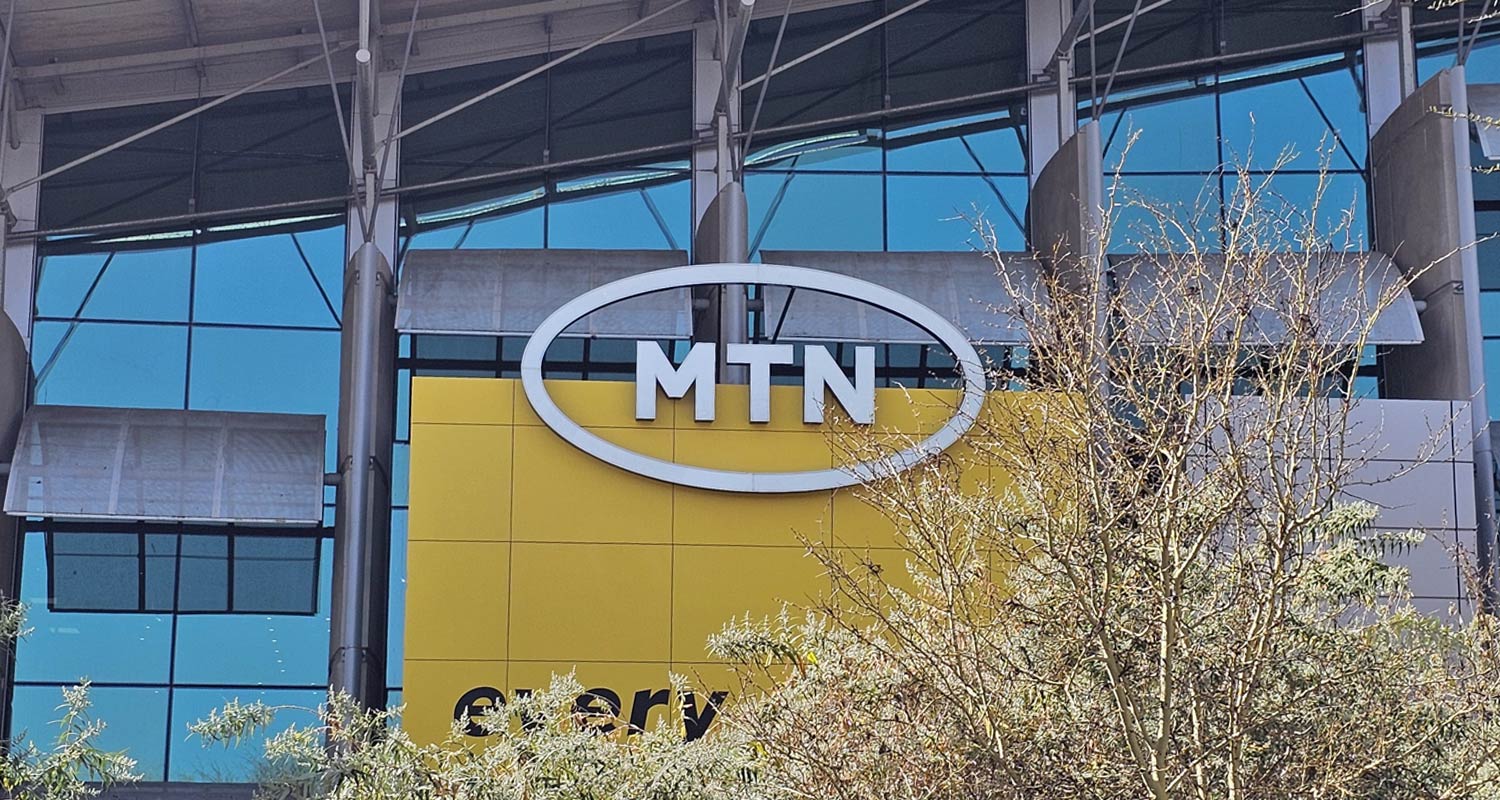MTN South Africa recently announced that it would roll out 4G smartphones costing R99 to 1.2 million of its prepaid subscribers in an effort to migrate away from older 2G and 3G technologies. Details about the roll-out have now emerged for the first time.
Speaking to TechCentral on Wednesday, MTN South Africa CEO Charles Molapisi said the project is well into its first phase with about 1 700 devices having been distributed in Soweto, the sprawling township south-west of Johannesburg.
Lessons learned from the pilot will be applied as distribution expands to townships around Pretoria and in KwaZulu-Natal and the Eastern Cape. MTN South Africa aims to distribute a million devices over the next 18 months, he said.
“On the MTN network today, we have about 85% smartphone penetration, meaning there are some five or six million customers on the network that do not have smartphones,” said Molapisi.
“When you zoom in on those customers, 60-70% of them are in our constant customer base, meaning they have been with us for 10-15 years – they are very loyal, but they cannot afford a smartphone. Those are the customers we are targeting.”
The migration from 2G and 3G networks to newer 4G and 5G carriers is a worldwide phenomenon that many countries have driven through regulation. Former communications minister Mondli Gungubele in May 2024 set December 2027 as the deadline for mobile operators to shut down their legacy networks.
Four generations
Mobile industry lobby group the Association of Comms and Technology, which represents South Africa’s largest operators including MTN, has previously called for government to allow industry to manage the shutdown instead of setting a hard-stop date. One of the issues hindering a quick migration away from legacy networks is that 4G smartphone penetration in South Africa is yet to reach 100% – or levels close enough to it – and device affordability is the main reason for this.
“There are four generations of technology (2G, 3G, 4G and 5G) in South African networks and that’s too many layers of technology to manage. You cannot migrate if you still have customers sitting on old technologies like 2G and 3G – and you can’t leave them behind either. So, what do you do? You have to find different funding models to promote financial inclusion and bring them along,” said Molapisi.
Read: South Africa among world’s most cost-effective for mobile spectrum
MTN’s R99 smart devices are provided by Smartphone for All. According to Molapisi, Smartphone for All provides the handsets to MTN at no cost, with the R99 from the customer required only as “insurance”. Given the propensity for users who upgrade from feature phones to smartphones to ramp up their use of data services, MTN and Smartphone for All have partnered on a revenue-share model, or what Molapisi calls “the upside”, with the recovery of the device cost baked in.
With high enough smartphone penetration to support the migration, mobile operators can look forward to simplifying their networks: base stations would no longer need to house equipment for multiple different technologies. Older technologies, especially 3G, are inefficient in their use of spectrum and electricity, making them more expensive to run.
 Ultimately, mobile operators would need to deploy less capital and would get superior outcomes in network quality, which consumers would benefit from. According to Molapisi, there are other benefits to consider.
Ultimately, mobile operators would need to deploy less capital and would get superior outcomes in network quality, which consumers would benefit from. According to Molapisi, there are other benefits to consider.
“It really has been heartwarming when we go into the stores and get an old mama who says she has been an MTN customer for 12 years and finally owns a smartphone for the first time. Because of that device, her grandchildren can access learning material on YouTube to supplement their schooling. So, we want to bring as many people as possible into the digital age,” said Molapisi.
TechCentral has previously reported that MTN will initially distribute a 5.5-inch model from Itel that normally sells for R740. The phone has a five-inch FWVGA display, 32GB ROM, 4GB RAM, dual Sim slots, two cameras (2-megapixel and 4-megapixel) and runs Android 14 Go. It plans to add other phones to the mix, too, as the roll-out expands.
The smartphone penetration problem is not exclusive to MTN, of course. Government has begun implementing measures aimed at lowering the cost of smartphones.
Following lobbying by communications minister Solly Malatsi, national treasury in March announced the 9% ad valorem (or luxury) excise duty on smartphones would be removed on devices costing R2 500 or less. This was lauded by the operators, but critics argued it did not go far enough.
Device penetration aside, Molapisi said there are other aspects of the 2G/3G switch-off that require attention, including the sequence in which legacy networks will be shut down.
“3G must go first because 4G and 5G are its clear replacements. We are going to shrink the 2G layer [to use less spectrum], but there are many machine-to-machine devices that rely on it, so we can keep a thin 2G layer to cater to that and use the rest of the spectrum for 4G and 5G,” said Molapisi. – © 2025 NewsCentral Media
Get breaking news from TechCentral on WhatsApp. Sign up here.

